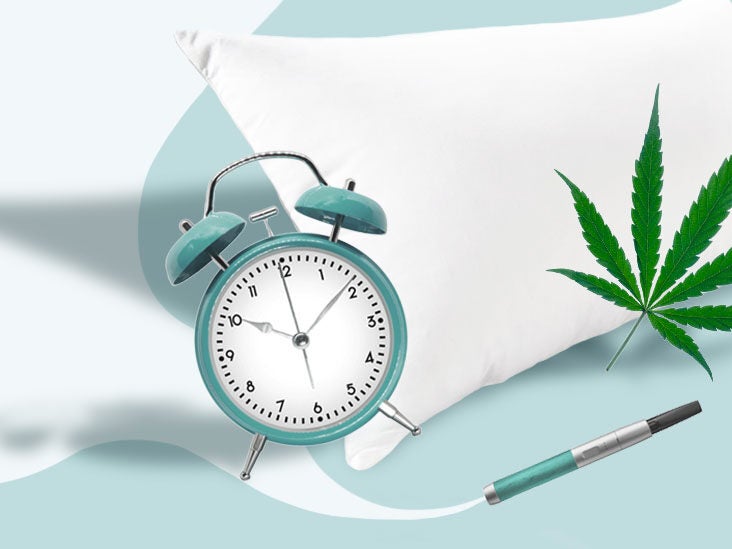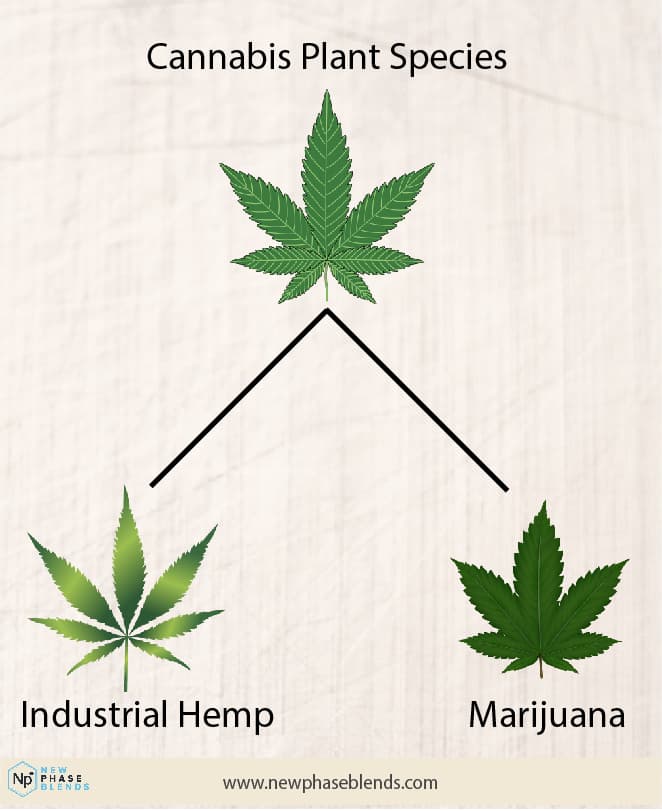
Alabama has many wonderful things to offer, including delicious food and Southern hospitality. Most intriguing of all is the state's growing popularity for CBD.
What are the rules for cbd in Alabama?
The non-intoxicating CBD cannabinoid has many therapeutic benefits. It can ease anxiety and pain. It's thought to also have anti-inflammatory properties and anti-anxiety qualities, which can help with sleep.
Alabama: Where can I buy CBD Oil?
Online is the best place you can find high-quality CBD products. This allows you to ensure that you only purchase the highest quality products and have them tested by third-party laboratories. It can also save you time, effort and money as the products are often cheaper and more convenient to ship than local shops.
Alabama: Where can you buy Hemp-Derived CBD Oil?
Hemp-derived CBD Oil is legal in all 50 States. It is made from industrial hemp plants. Although it contains trace amounts of THC, this oil does not give rise to a high.

Alabama's licensed hemp processors and growers can legally harvest, process and sell industrial hemp products that comply with the federal guidelines established by the 2018 Farm Bill.
Cannabidiol, a compound found in marijuana and hemp, has an anti-inflammatory effect and pain relief. It also induces sleep without the psychoactive effects of THC. It's an effective treatment for many conditions, including seizures or PTSD.
There are a number of online outlets that ship hemp-derived CBD products to Alabama, but you can find even more choices when you shop locally. There are specialty cannabis stores, vitamin and supplement stores, health food and herbal medicine stores, as well as pharmacies that carry CBD oil in Alabama.
Online shopping offers the most variety of CBD products, since the shelves in the stores aren't as large as those online. You have the option to choose from oils, creams or edibles.
Buy CBD only from reputable, trustworthy companies. The best companies use industrial hemp to produce their products and then test them in third-party laboratories.

What CBD should I purchase?
If you are new to CBD, or unsure how much to purchase, it is a good idea not to buy large quantities. This will help you save money over the long term and allow you to better understand the effects of the supplement on your body.
There are many places in Alabama that offer CBD oil. But not all of these are trustworthy. You might be sold low quality products by scammers. You want to shop at a store with knowledgeable staff that offers high-quality CBD.
FAQ
What are the differences in CBD price between different states?
Prices for CBD products vary widely depending on where you live. Prices can vary by as much as ten times depending on where you live.
Prices tend to increase as you move further north. CBD in Alaska costs $35 per gram. In Hawaii, however, it costs about $200 per gram.
This trend is evident throughout the country. The prices range from $5 to more than $2,500 per gram.
This is what's the deal?
The varying levels and regulations of cannabis regulation are one reason prices can vary widely. Some states require that all CBD products contain very little THC (the psychoactive component of marijuana). Other states don't care what level of THC is present.
Some companies will sell their products in one place and ship to another.
How much CBD do I need?
The type of product that you're buying determines how do you decide to do it.
CBD oils come with a range of strengths: 100mg to 1000mg per ounce.
Some companies make CBD products with specific dosages, such as 25mg, 50mg, 75mg, and 100mg.
Charlotte's Web produces CBD products with high levels of CBD and other substances.
If you're unsure whether or not CBD will work for you, start with a low dose.
You can always go higher later.
What CBD products do you sell most?
CBD products are popping up everywhere. They can be used for anything, including pain relief or anxiety. The market is vast and growing rapidly.
But what do people buy CBD for? And how does this affect you as a brand owner?
Statista reports that CBD products have relaxing properties. They can also be used to treat inflammation.
This means that you can sell your product for both medicinal and recreational purposes if it has CBD and THC.
But what about brands which are focused on just one purpose? One example is CBD for stress relief.
Additionally, a brand that focuses solely on CBD for medical purposes will enjoy a large customer base.
If a brand wishes to reach recreational users, they must create a unique selling point (USP). A USP is essentially a benefit or feature that distinguishes a brand from its competitors.
For example, some brands offer shipping free of charge, while others offer discounts when you order in bulk.
Which states use the most CBD?
California, Colorado, Oregon are the three most populous states. These states have large populations, high incomes, and low unemployment rates. These states also have higher amounts of hemp farms than other States.
California is leading the way, as its economy is heavily dependent upon agriculture. It produces much of the nation's fruits and vegetables. This is because cannabis is from the same source as hemp.
Oregon and Colorado follow closely behind as both states produce medical marijuana. California does not allow for recreational use.
Other states that are highly ranked include Washington, New York. Florida. Illinois. Pennsylvania. Mississippi.
What are some common mistakes that companies make when they enter the US cannabinoid market?
The first mistake is not understanding what the regulations are for cannabis products. This could mean that you may have to change your product formulation.
A second error is not properly labeling your product. Know whether your product contains THC, CBD or both.
Thirdly, you should understand how to package your product correctly. You must make sure that your product contains THC.
Even if your product doesn't contain THC, you must still comply with all packaging laws. There are many states in which cannabidiol is legal.
Finally, you should always keep track of any recalls on your products. If there is a problem with your product, it is important that you inform customers as quickly as possible.
Statistics
- As a substance that was federally illegal before the passage of the 2018 Farm Bill, hemp-derived cannabinoids with no more than 0.3% THC still face a regulatory grey area. (forbes.com)
- A recent study [161] also found that in vitro CBD treatment (i.e., ≤ 2 h exposure to 10 μM) induced ~40% vasorelaxation in isolated (pre-constricted) (ncbi.nlm.nih.gov)
- CBD seems unlikely to directly influence sleep in healthy humans [115] (and maybe “sleep-promoting” in those with certain comorbid conditions) (ncbi.nlm.nih.gov)
- OralWhere HED is the human equivalent dose, and Km is a correction factor estimated by dividing the average body mass (BM) of the species (60, 0.020, and 0.150 kg for 11 humans, mice, and rats, respectively) and by its surface area (see: Nair et al. (ncbi.nlm.nih.gov)
- The use of these products is likely to become even more widespread if the World Health Organization's recommendation that CBD no longer is scheduled in the international drug control conventions is adopted by the United Nations member states [201]. (ncbi.nlm.nih.gov)
External Links
How To
How to Get Certified for Selling CBD Products
CBD (cannabidiol), one of the many cannabinoids found inside cannabis plants, is one. It has been used medicinally for centuries, even in South American countries like India, China, and China. Due to its ability treat conditions like anxiety and pain, epilepsy, inflammation, and other ailments, it has become increasingly popular. The U.S. does not have an official certification program yet for CBD products. Therefore, anyone wanting to make a living selling CBD products must rely on their "unofficial" self-certification.
There are two options. First, join a local canna-business owner association. You can get support and advice from other members while learning from them. There are currently dozens of associations around the country. Second, you can go online. Online canna-businesses are now allowed in most states. If you have the permission, you can start accepting orders and set up your website. But, you still need to register with your state's Department of Public Health. Once you have registered, it will be possible to apply for your license through the state's department public health. After you have received your license, your store is officially open and you can begin taking orders.